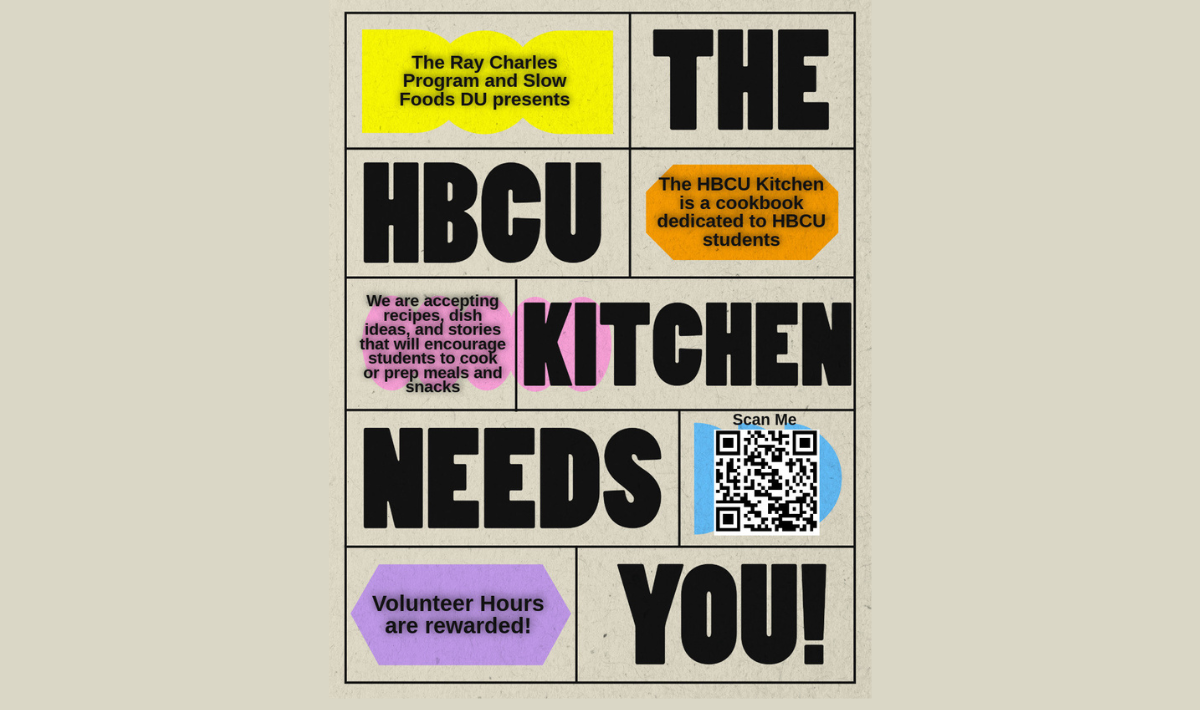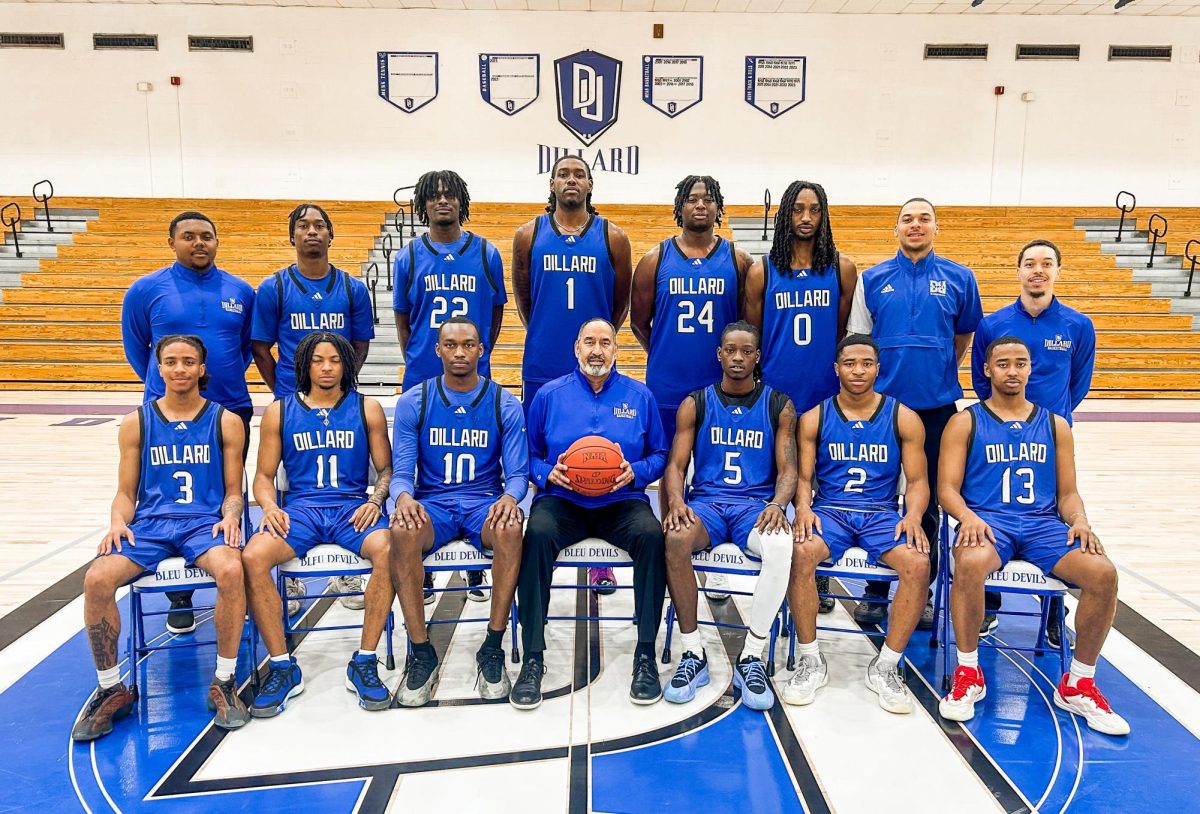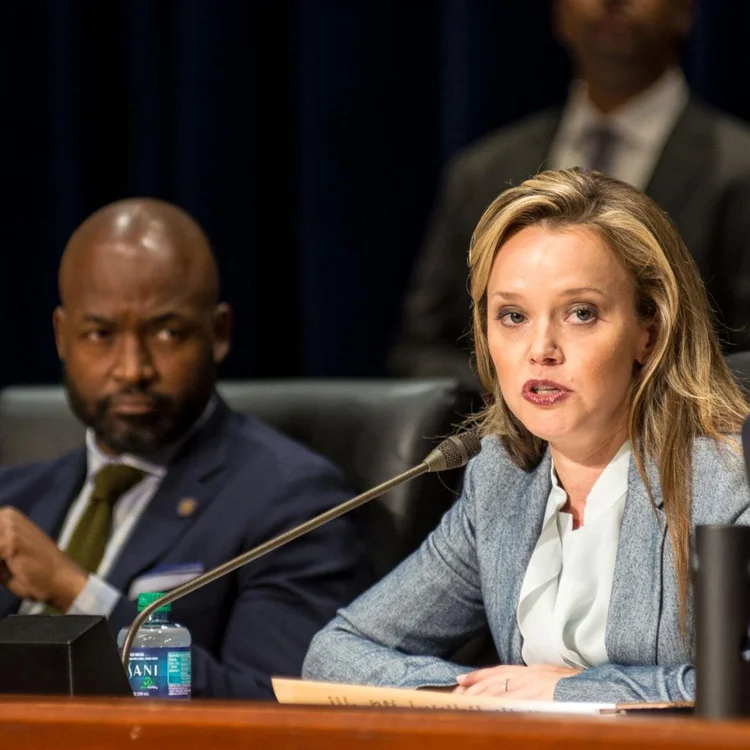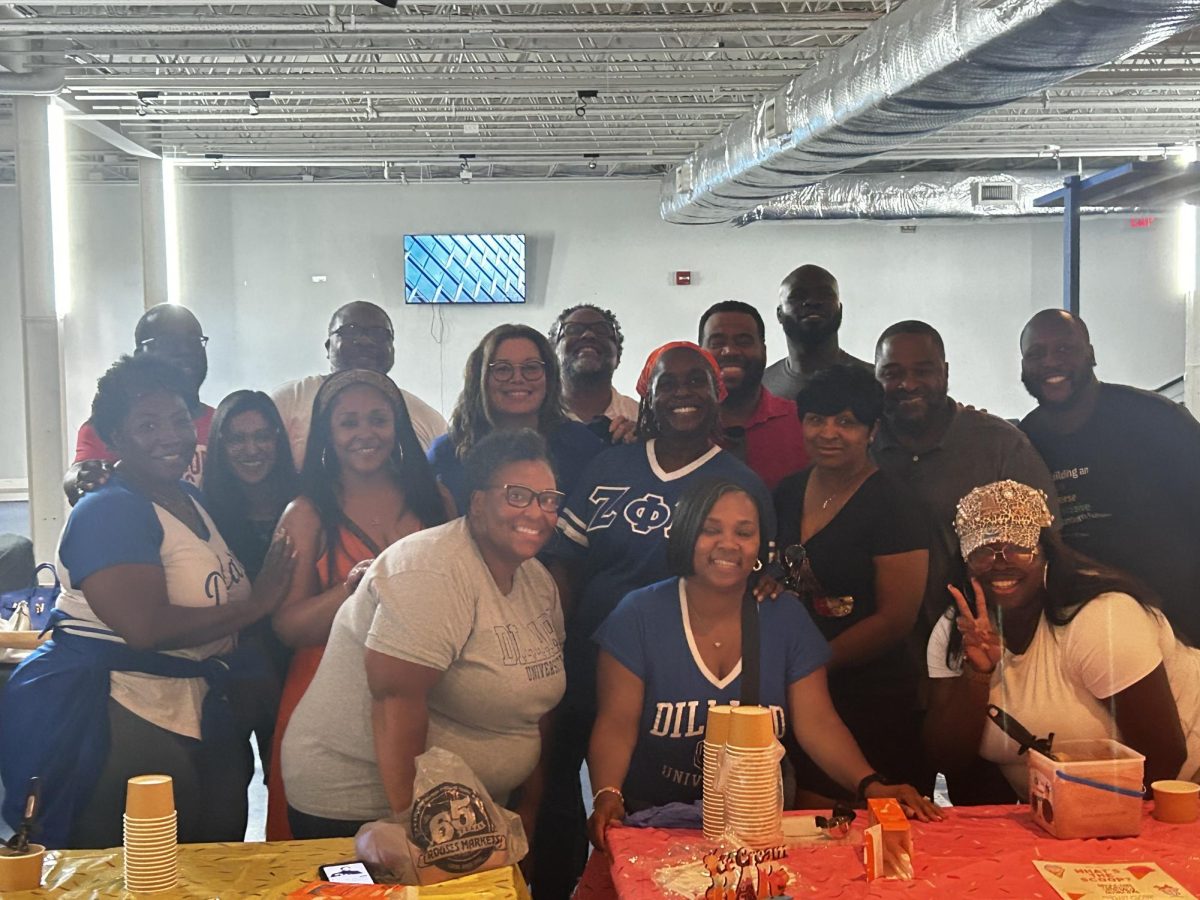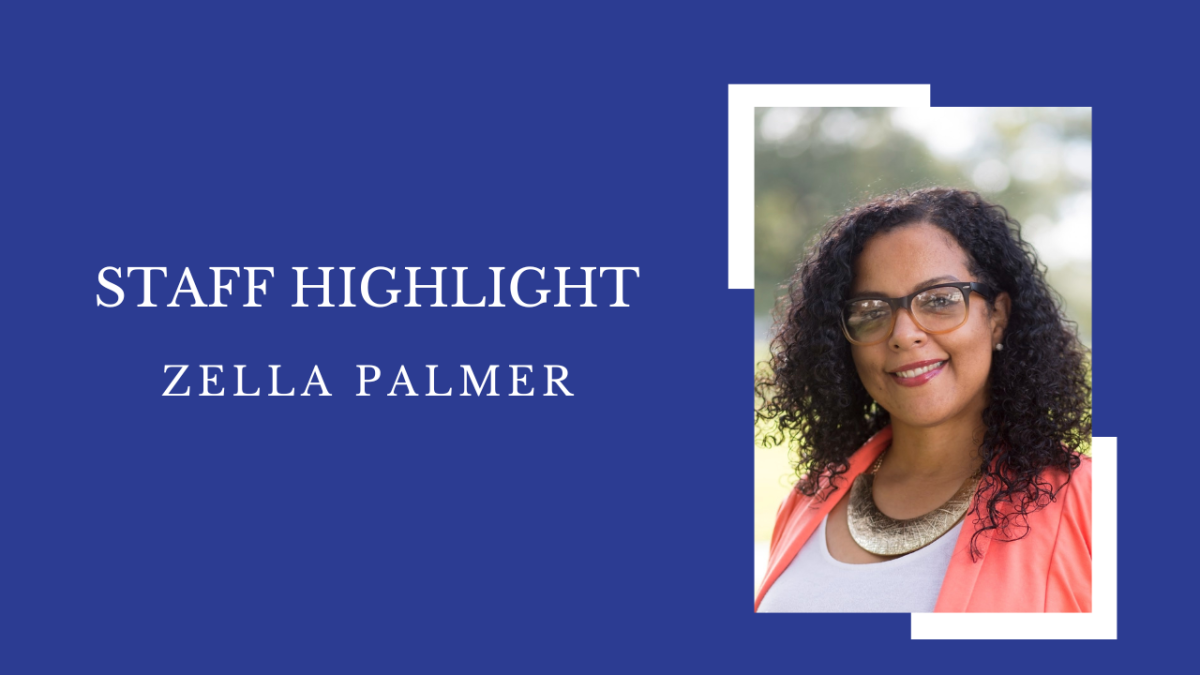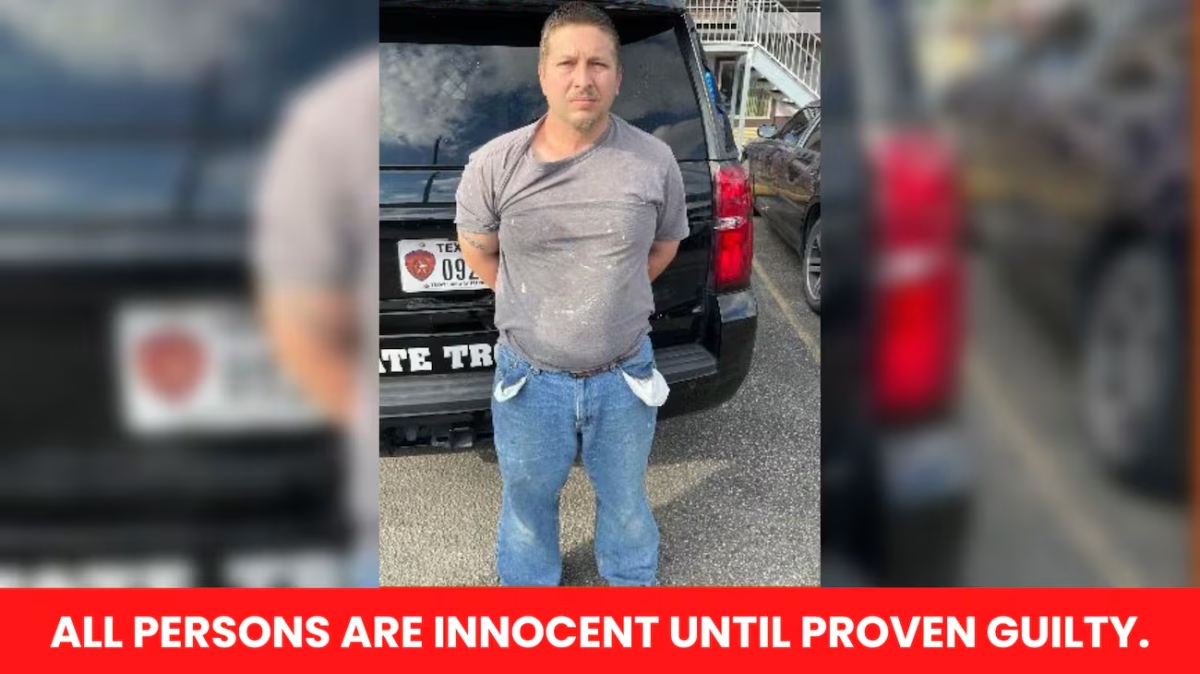
India Walton/Courtbouillon
Activist and #MeToo founder Tarana Burke speaks to a member of the audience after her Brain Food speech Tuesday at Dillard University.
NEW ORLEANS (Aug. 24, 2018) – #MeToo movement founder Tarana Burke encouraged women who have been the object of sexual abuse and assault to remember that they are not alone and someone cares during the first Brain Food series lecture of the fall Tuesday in Georges Auditorium.
Born in the Bronx, N.Y., the civil rights activist – named Time magazine’s 2017 Person of the Year for being a “silence breaker” on the subject – spoke before a diverse crowd estimated at about 400 people. She said Dillard is the first HBCU to invite her to speak about #MeToo although she’s been invited to many other universities.
“You deserve protection, and you deserve security,” Burke told the women present. “We have work to do. We’re trying to build a movement. Person to person, community to community.”
She recalled starting an organization called “Just Be” as a “space for black or brown girls where they can just be themselves.” The organization was not intended to be a sexual assault program but was designed to be an open space for girls to be honest and provide guidance rather than judgment.
Even so, she said, young girls began to share their stories conversationally about how they were victims of sexual assault and abuse, and Burke found herself in a classroom with 26 out of 32 girls who were victims.
Out of need, she created the #MeToo movement in Alabama. After going to the guidance counselor, the school board, and after being told, “We don’t take walk-ins,” by an “older white woman” at the Rape Crisis center in Selma, Ala., Burke called up a friend with the idea of creating a movement, so women would know someone out there cares.
The turning point for the #MeToo movement was after a MySpace page was created in place of the organization’s website, and women from all over the country, of all nationalities and ages began to share their stories. Burke emphasized the objective of the movement as a healing process, acknowledging that not only teens and young girls needed this, but also adult women.
Burke tearfully shared a story about a mentee she had while working as a camp director for the 21st Century. Her mentee, who was given the pseudonym of “Heaven,” shared a story about being a victim of sexual abuse at the hands of her mother’s boyfriend.
“I recognized something in her that reminded me of myself,” Burke said.
Burke said in the middle of Heaven sharing her experience, Burke stopped her from talking and directed her to someone else.
“I swear it felt like time stood still.”
Burke shared how she felt overwhelmed by not knowing what to do or say, and instead of saying “me, too,” she brushed her off. That moment led to an internal conflict, a lot of thought and invoked a lot of unanswered questions she had.
Burke began using the phrase “Me Too” in 2006 to raise awareness and use of the hashtag #MeToo developed into a broader movement when allegations against Hollywood executive Harvey Weinstein started in 2017. Burke is senior director at Girls for Gender Equity.
President Walter M. Kimbrough sent an email following the speech about the plans to bring more awareness to sexual violence, the tools the university has in place and what programs are being implemented for those who are victims.
If you’ve been a victim, Sheila Judge, the Title IX coordinator, is available on campus, along with two counselors, Megan Andry and Sherile Watts.
“Don’t wait for Dillard or me to solve this problem. We’ll fail. Each of us has a role to play, and it starts with having these tough conversations,” Kimbrough said. “I think this is an important issue for our communities, including back home for each of you.”
Other Brain Food lectures on schedule this fall are:
- Tuesday, Sept. 18: Sports journalist Howard Bryant, author of “The Heritage: Black Athletes, a Divided America, and the Politics of Patriotism.”
- Monday, Oct. 8: Conservative Candace Owens, communications director for Turning Point USA.
- Thursday, Oct. 18: Lena Waithe, actress, producer and screenwriter.
- Thursday, Nov. 29: The Ortique Lecture will feature Pulitzer Prize-winning author James Forman Jr. (“Locking Up Our Own: Crime and Punishment in America”).

